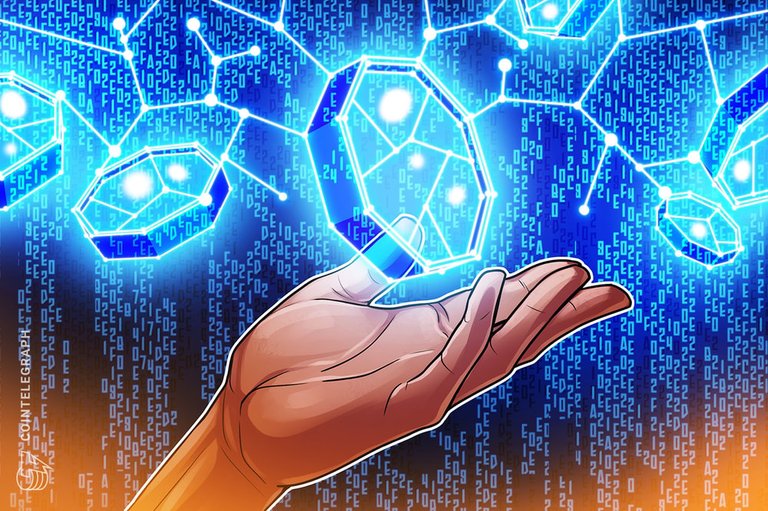
What if debt could be moved around and monetized in real time?
In an economic environment powered by data, alongside other values, such innovations would significantly increase the value of being “informed”.
Of a surety, that would also mean a spike in insider stunts pulled for monetary value, but, we can't have all the goods without a little bit of bad right?
Good Debt Should Be Incentivized
When a person takes out a loan from a protocol, he offers a specific token for collateral and can only access that token and its value upon the repayment of the loan, but what if it didn't have to be in that manner?
Typically, protocols issue tokens to lenders when they offer up their crypto assets to their lending pool, these tokens can be transferred sometimes and also tradable other times, but when it comes to borrowers, there are often no tokens issued and that leaves a huge market unexplored.
Surely, this could be highly technical to implement given that it requires several layers of tracking as “acquired debt” is now tied to tokens rather than specific blockchain addresses interacting with a smart contract.
Notwithstanding, it still remains of high value as it opens up opportunities for value expansion without token inflation.
Good debt should be incentivized or at least be easy to capitalize on.
Tokenizing debt makes them transferable and tradable across blockchains.
This very design opens up a new playing field for project developers to build trading platforms for buying and selling of debt positions.
One might ask: why would someone wish to buy another person's debt?
That's a good question, and the answer is really simple: it can be profitable.
Tradable debt creates deep liquidity
It's one thing to be able to transfer debt, it's another for it to be tradable. Of course, whilst these debt tokens representing debt positions typically have liquidity of their own, it cannot be tradable as regular assets but via peer-to-peer protocols as said liquidity is locked in a smart contract.
To explain: On the assumption that Bitcoin is trading at $10,000 a coin, I deposit 10 Bitcoins into a lending protocol and take out $60,000 in USDT with a 7% interest rate and the protocol issues me a debt token.
To reclaim my bitcoins, I have to pay $64,200. By the numbers, my collateral value has to drop by at least 30% for my position to get liquidated.
3 months in, bitcoin doubles in value, my collateral is now worth “$200,000.
My debt tokens at all times reflect the value of my collateral, it has to be present in the wallet that clears off the loan.
The problem? To access that collateral, I have to make a repayment with accrued interest, so what if I do not have such an amount?
Here's where the debt market comes in. This medium enables buyers that take interest in the “health” of my debt position, hence buy it off my hands.
Typically, most buyers, by the numbers presented here will offer me $100,000 for the position. Why would I sell when it's worth $200,000? Well, for starters, it's really worth $135,800 because I still owe the protocol $64,200. By selling, I basically make $64,200 and the buyer makes $35,800 if they choose to settle the debt immediately, and even more if they hold it off.
Of course, buyers can choose to buy higher if I'm offering to sell.
I may have lost $35,800 that would have come from just HODL my bitcoins, but at the same time, it may not be a loss given that taking out the loan may have aided in me not selling off the collateral to do whatever it is I needed $60k for.
By having such markets, we essentially encourage people to hold their assets and practice healthy debt acquisition which aids stabilize markets and foster deep liquidity over time.
The rate at which we can generate new value is limitless at this point, this is the power of tokenization.
Posted Using InLeo Alpha